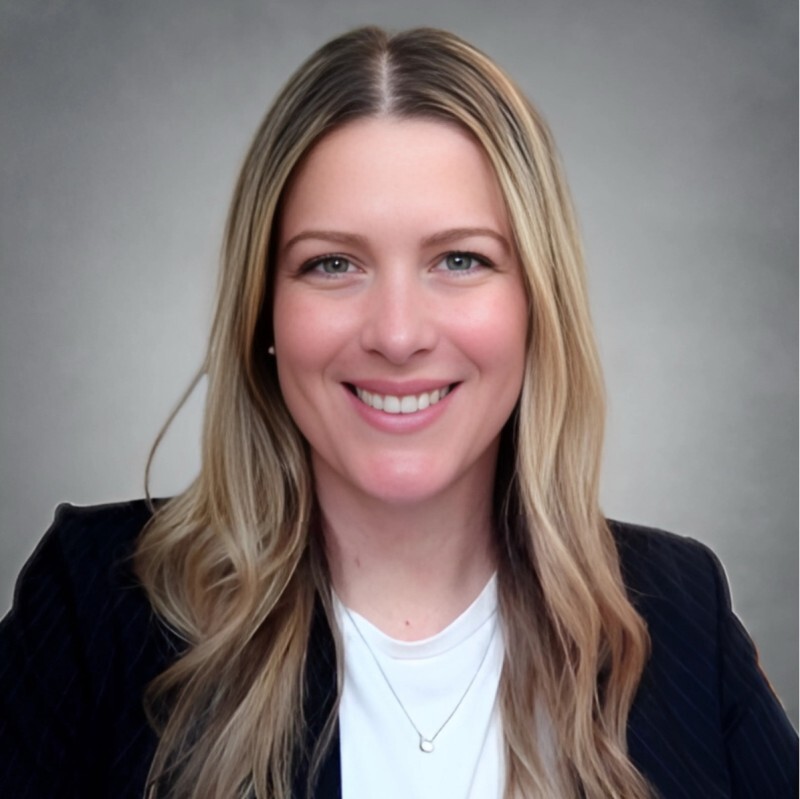How to Help Your Loved One
If you are struggling with the pain of watching a close friend or family member deal with addiction, you may be torn about how to help them to get treatment. Seeking treatment can be a difficult subject to broach, as there is often a significant strain on personal relationships when one person is chronically abusing drugs or alcohol. You may be in this position, unsure of how how to help your loved one, and even unsure of what drug and alcohol treatment centers are available to help. Here are some do’s and don’ts to keep in mind when considering your options.
Do: Learn As Much As You Can
It is important to educate yourself and your family about addiction. This can involve research into the specific substances that are relevant to your situation. The more you know and understand a problem, the better prepared your are to deal with its repercussions and find a solution. It may also be helpful to research the drug and alcohol treatment centers in your area, especially the services and clinicians available at each, and what demographic they are most experienced in treating.
Do: Host An Intervention
Despite dramatized television depictions, a well-planned intervention involves friends, family, and professionals that can be incredibly effective in motivating someone to seek treatment. Ideally, you would secure placement in a rehab center ahead of time and use one of their clinicians to provide professional assistance with your intervention. Be prepared to shift your loved one into a rehabilitation program immediately following the intervention. Make the transition into recovery as simple and smooth as possible.
Do: Keep An Open Line Of Communication
If your loved one is presently abusing substances, it can be assumed that their emotional and mental well-being is compromised.. People struggling with an addiction often feel guilty or ashamed of themselves. Unfortunately, there is a stigma around rehab and drug and alcohol treatment centers, and it would be helpful if you can break down that precedent and remain open and honest with your family. It may be difficult, but speak plainly when talking about the ways in which their addiction has affected you.
Don’t: Cast Judgment
Addiction can be hard for people to understand. Unless they have dealt with addiction personally, many do not realize it goes beyond simple will power and is actually a disease. It is misplaced to blame someone for their addiction, regardless of the circumstances. Resist talking about “what if” situations, and avoid inadvertently blaming your loved one. Similarly, religious or philosophical arguments should be left out of the conversation.
Don’t: Enable The Addiction
Addiction has a way of taking over every aspect of a person’s life. It can be painful when that addiction gets in the way of interpersonal relationships. Do not support the addiction financially, except in the case of providing ways and means to get treatment. Do not make empty threats; otherwise, you are reinforcing negative behavior and showing your loved one that they can still get what they want. When addiction is present in a family, the extreme has a way of becoming the everyday. However, do not let the person run your life and make decisions for you. The best way to accomplish this is to set firm boundaries and stick to them.
Don’t: Give Up On Treatment After The First Trial And Failure
Most drug and alcohol treatment centers are familiar with the common pitfalls of relapse. Instead of viewing this as a failure, relapse should be considered a normal step in recovery. Our patient can feel very guilty after a relapse. More so from a repeated history of trying and failing to stay sober. In these circumstances, you can search for a center with a different approach. For example, Recovery Centers of America. Look for somewhere with a team of physicians prepared to address the multitude of complex factors involved in each patient’s unique battle with addiction.
If you are ready to help a loved one take the next step and receive treatment for addiction, contact Lighthouse about our modern integrated treatment techniques. The biggest “don’t” of all is “Don’t give up”. No matter how dark the outlook may be in your present situation, help is available. The future can turn out to be much brighter. Call our drug and alcohol treatment centers today at 1-800-RECOVERY.







